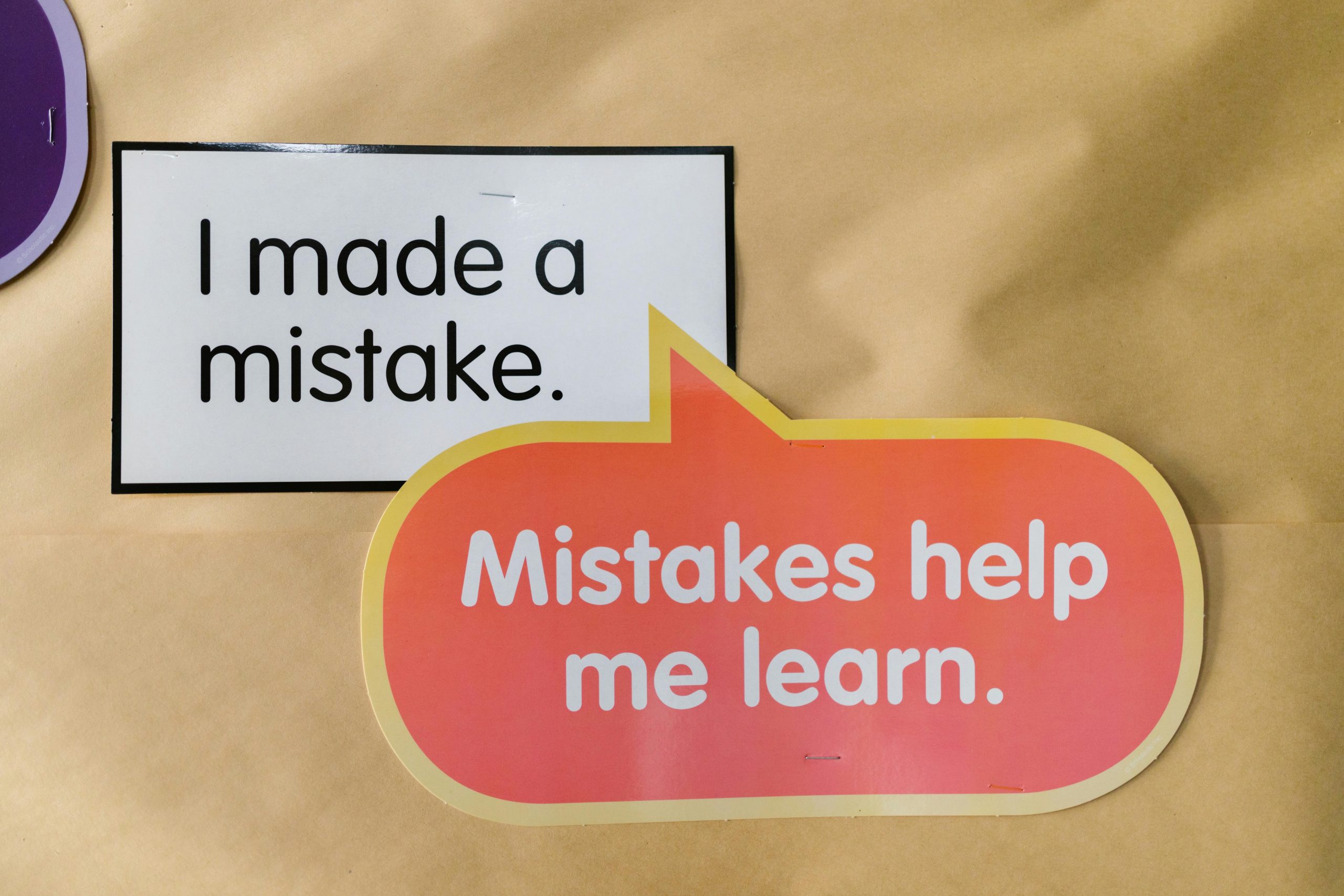Navigating Insurance Claim Challenges: My Experience with Allstate
Dealing with insurance claims can often feel daunting, especially when faced with unexpected roadblocks. Recently, I had a frustrating experience with Allstate regarding a significant claim for damages caused to my travel trailer.
While driving down the highway, my trailer was struck by Allstate’s policyholder who, after the incident, admitted fault without hesitation. He provided his driver’s license and insurance information, and my girlfriend documented the situation thoroughly, capturing images of both vehicles and any visible damage. Confident in the process, I reached out to his insurance company to initiate a claim, believing the evidence was clear-cut.
However, after a month of waiting, I received a surprising notification: my claim was denied. The reason? Allstate claimed they were unable to contact their policyholder. I was stunned. Is this a valid reason for denying a claim, especially when fault had been clearly established?
At this point, I’m left wondering about my options and the mechanisms in place for the insurance process. It seems unjust that a lack of contact could derail a legitimate claim, particularly when the responsible party has already taken accountability.
This experience has prompted me to research further into my rights as a claimant and the obligations of insurance companies. I encourage anyone in a similar situation to explore all available avenues. It’s crucial to understand the regulations governing insurance claims and to seek legal advice if necessary.
If you’ve faced similar challenges with your insurance claims or have insights on how to navigate such scenarios, your advice would be greatly appreciated!




I’m sorry to hear about your experience; dealing with insurance issues can be incredibly frustrating, especially when you have documentation supporting your claim. Here are some insights and practical steps you might consider to address your situation:
Understanding Insurance Claims
Insurance Responsibilities: Generally, the insurance company is responsible for investigating claims made by their policyholders. If they cannot reach their policyholder, that should not automatically negate your claim, especially when fault has already been admitted.
Regulations and Oversight: Each state has an insurance department that regulates insurance companies. Familiarizing yourself with your state’s insurance regulations can provide you with options and protections you might not be aware of.
Immediate Actions to Take
Any communication with the at-fault driver’s insurance company, including their denial letter.
Contacting Your Insurance Provider: It’s advisable to inform your own insurance company about the situation. They may offer support, and depending on your coverage, they might be able to help process your claim under your own policy (this is commonly referred to as “subrogation”).
File a Complaint: If the insurance company continues to deny your claim without satisfactory reasoning, you can file a complaint with your state’s insurance commissioner. They can assist if the insurance company is not adhering to market regulations.
Demanding a Re-Evaluation: Send a formal demand letter to the at-fault driver’s insurance company. In this letter:
If the Situation Doesn’t Resolve
Consult an Attorney: If you’re not receiving a favorable response and your financial loss is significant, it might be wise to consult an attorney who specializes in insurance claims. They can provide legal guidance and potentially represent you in negotiations or court.
Consider Small Claims Court: If the amount is within your state’s small claims limit, this can be a viable option. Small claims court is designed to be accessible, and you generally won’t need an attorney to file.
Mediation and Arbitration: Some insurance policies include mediation or arbitration clauses. Check your policy, as you